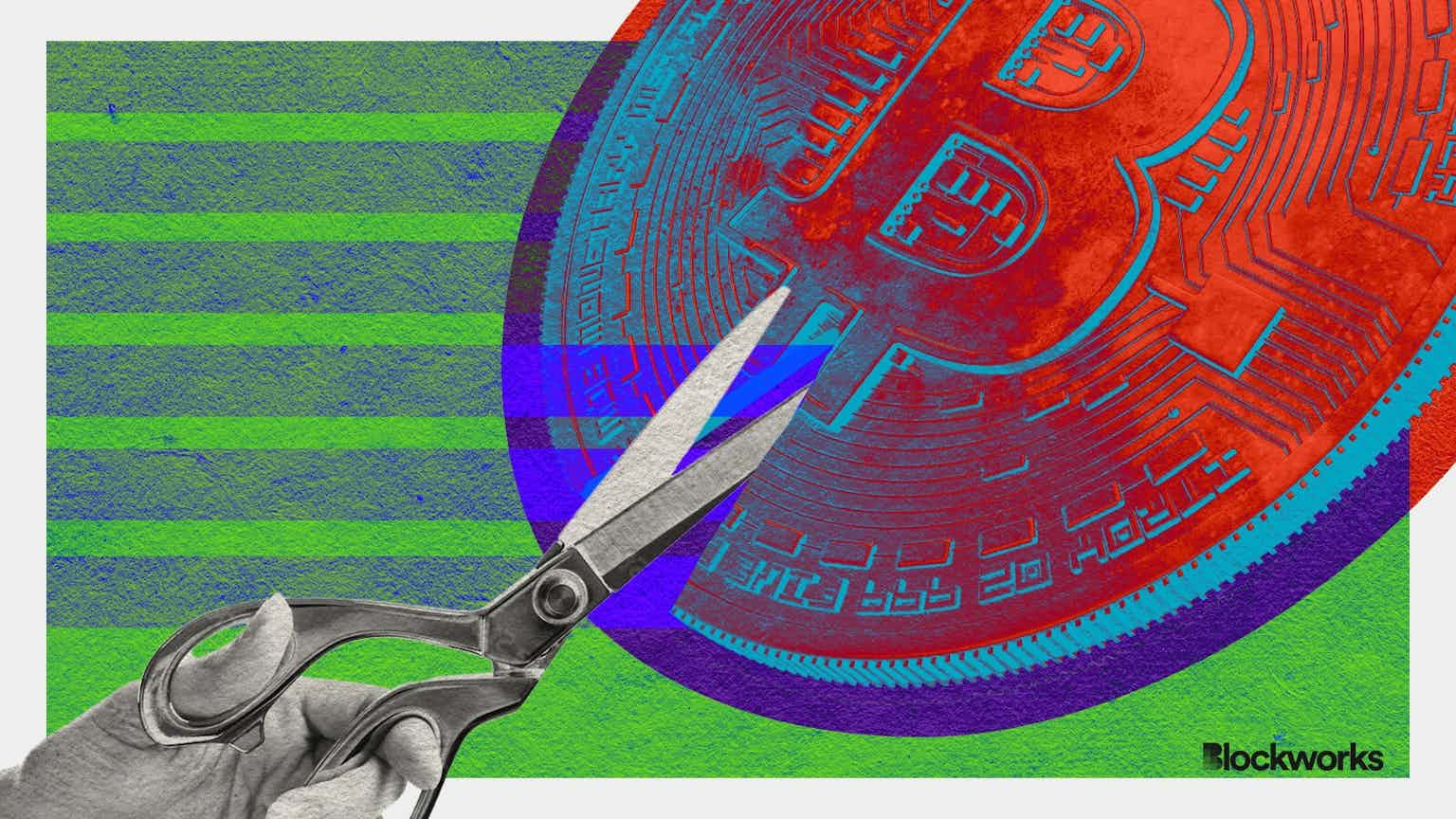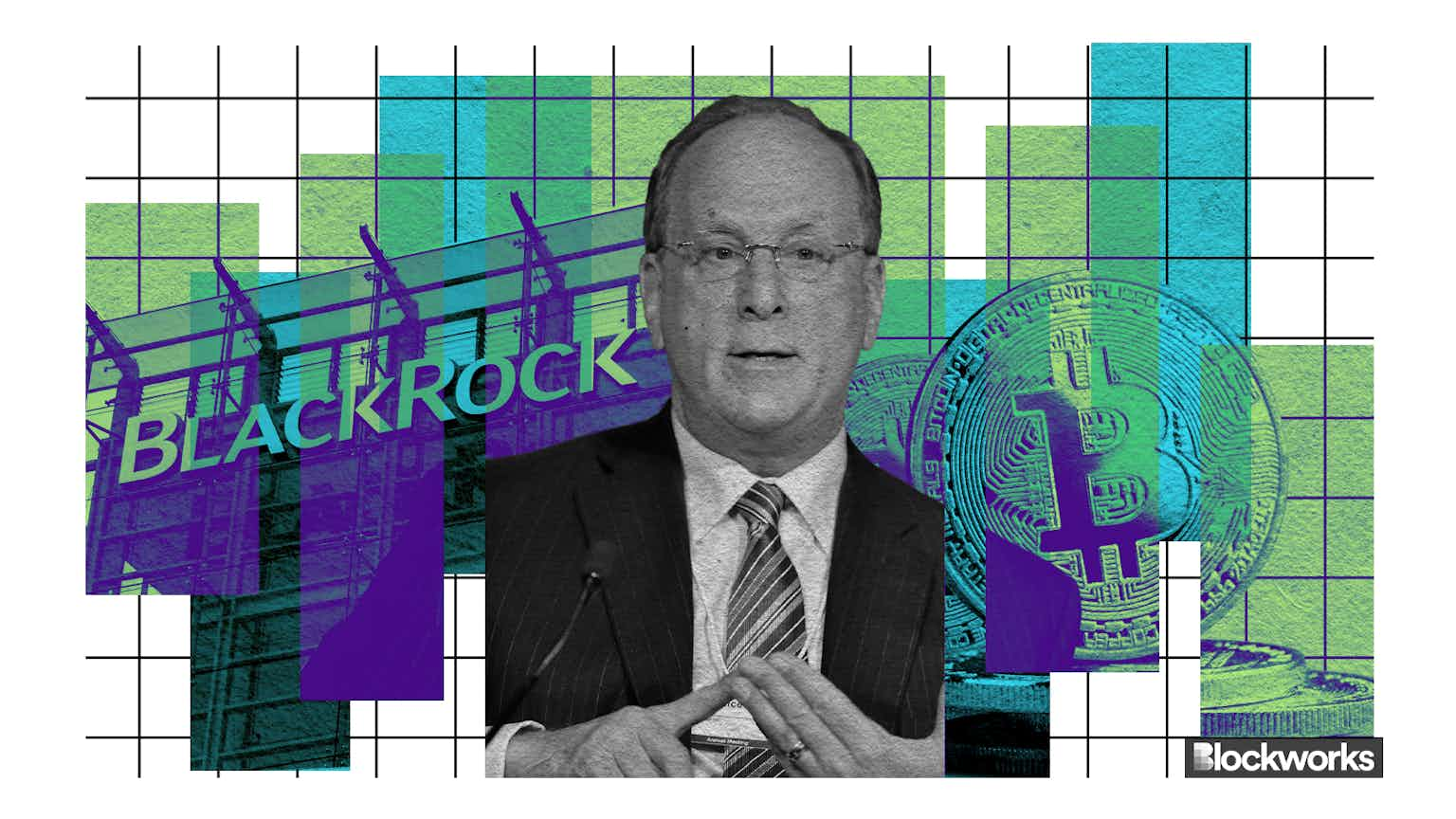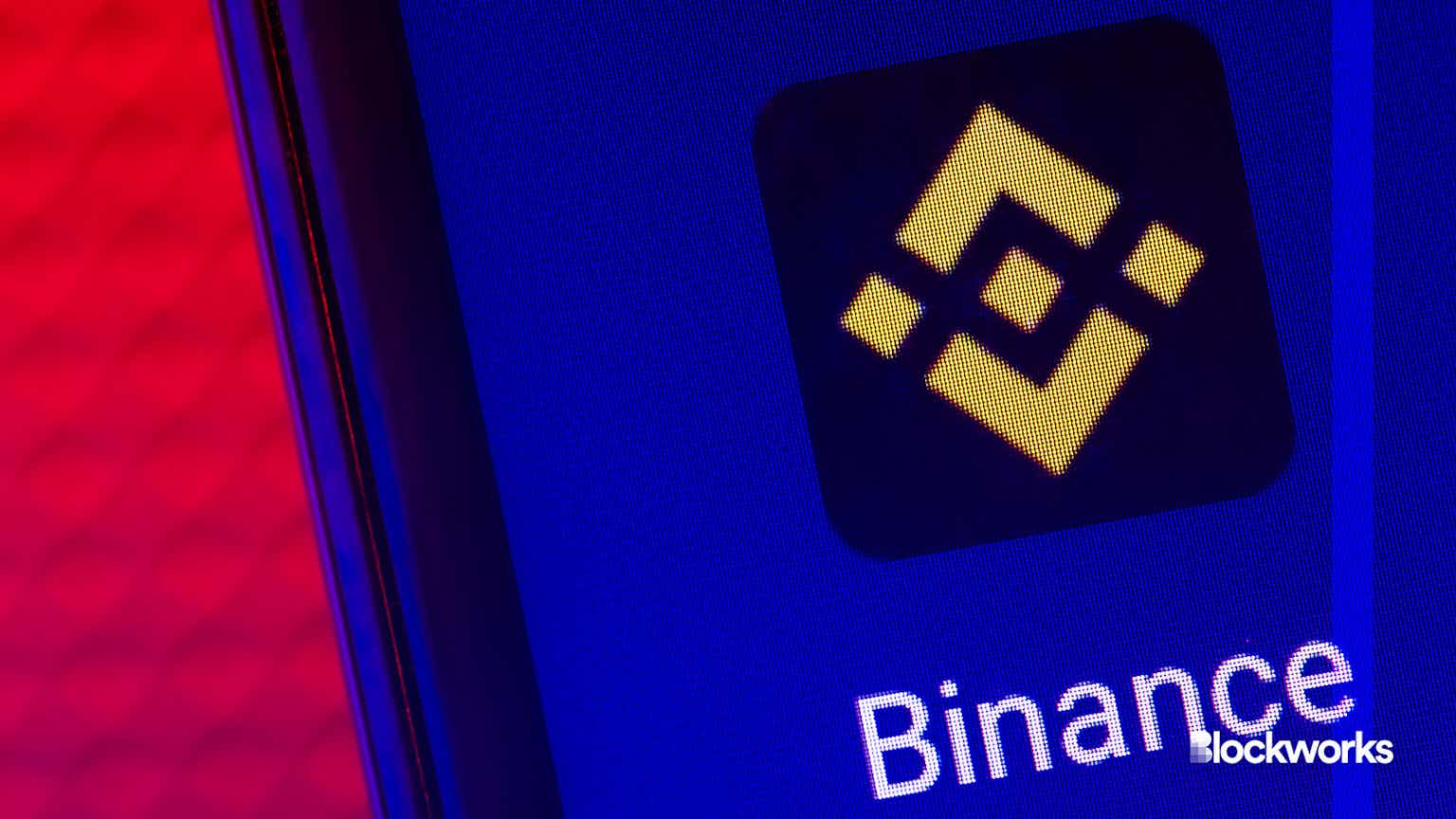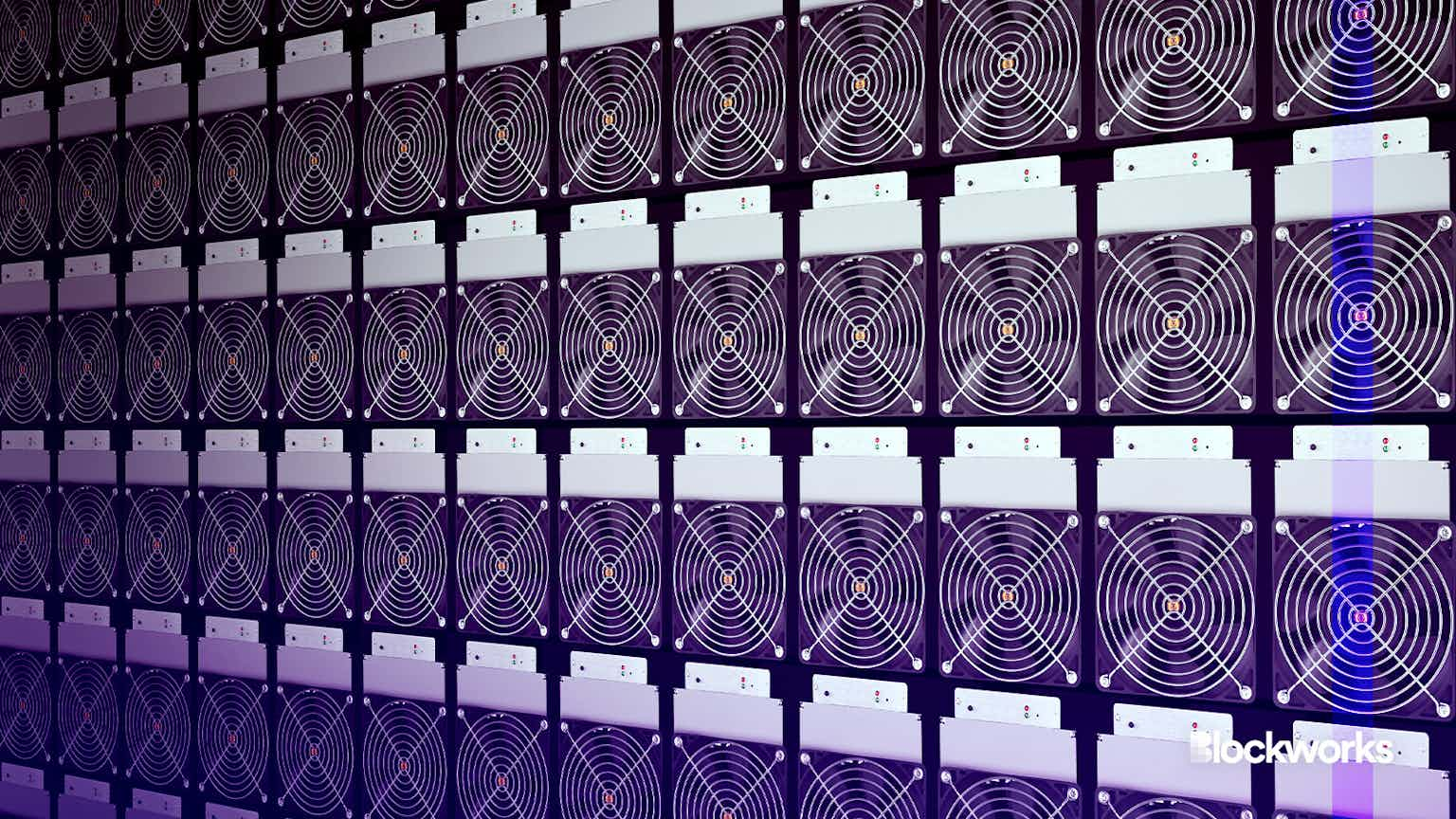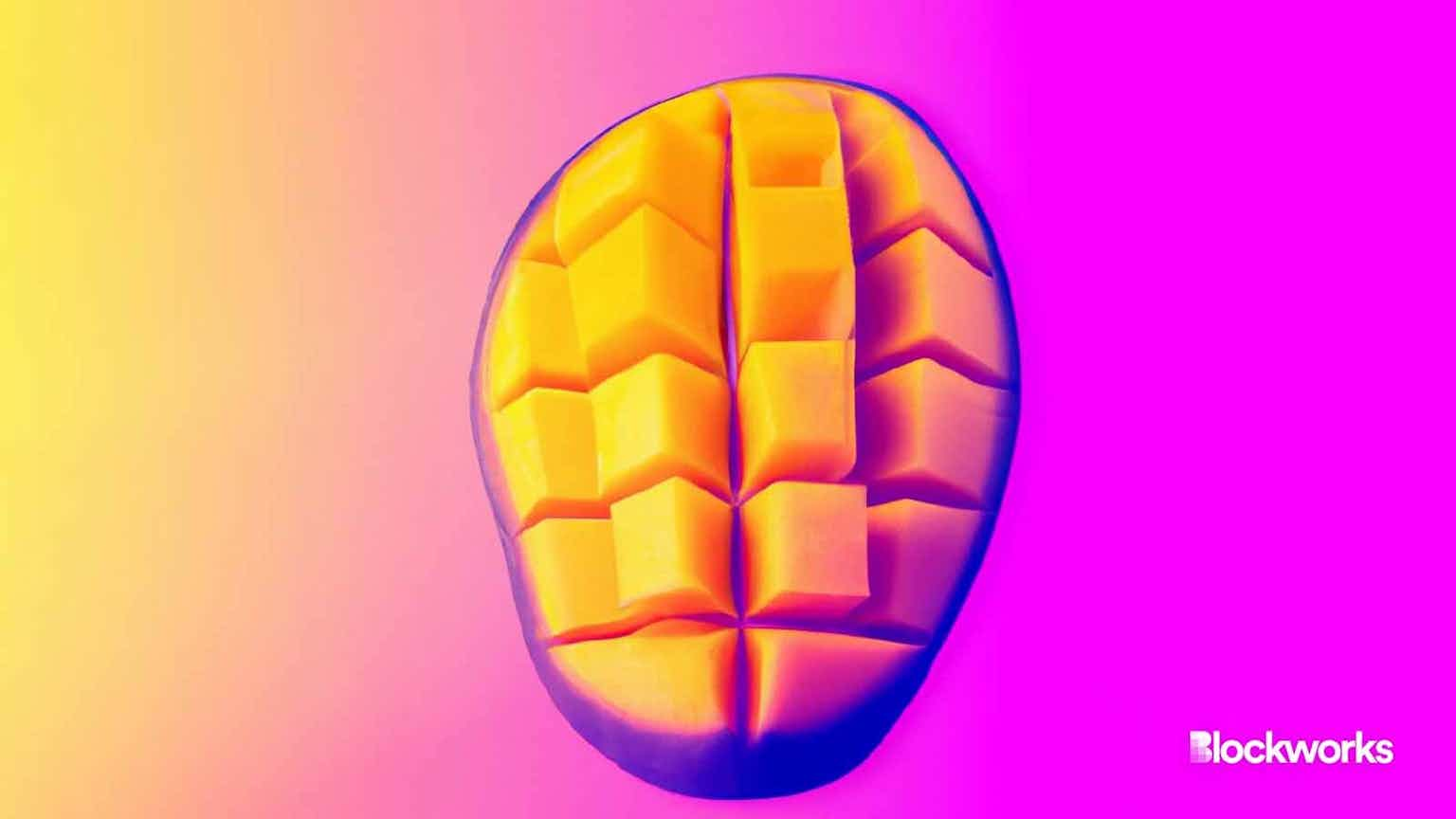India Clarifies Crypto Taxes, as Trading Volumes Crater
CoinSwitch CEO Ashish Singhal told Blockworks prohibitive taxes are likely to unsettle investors
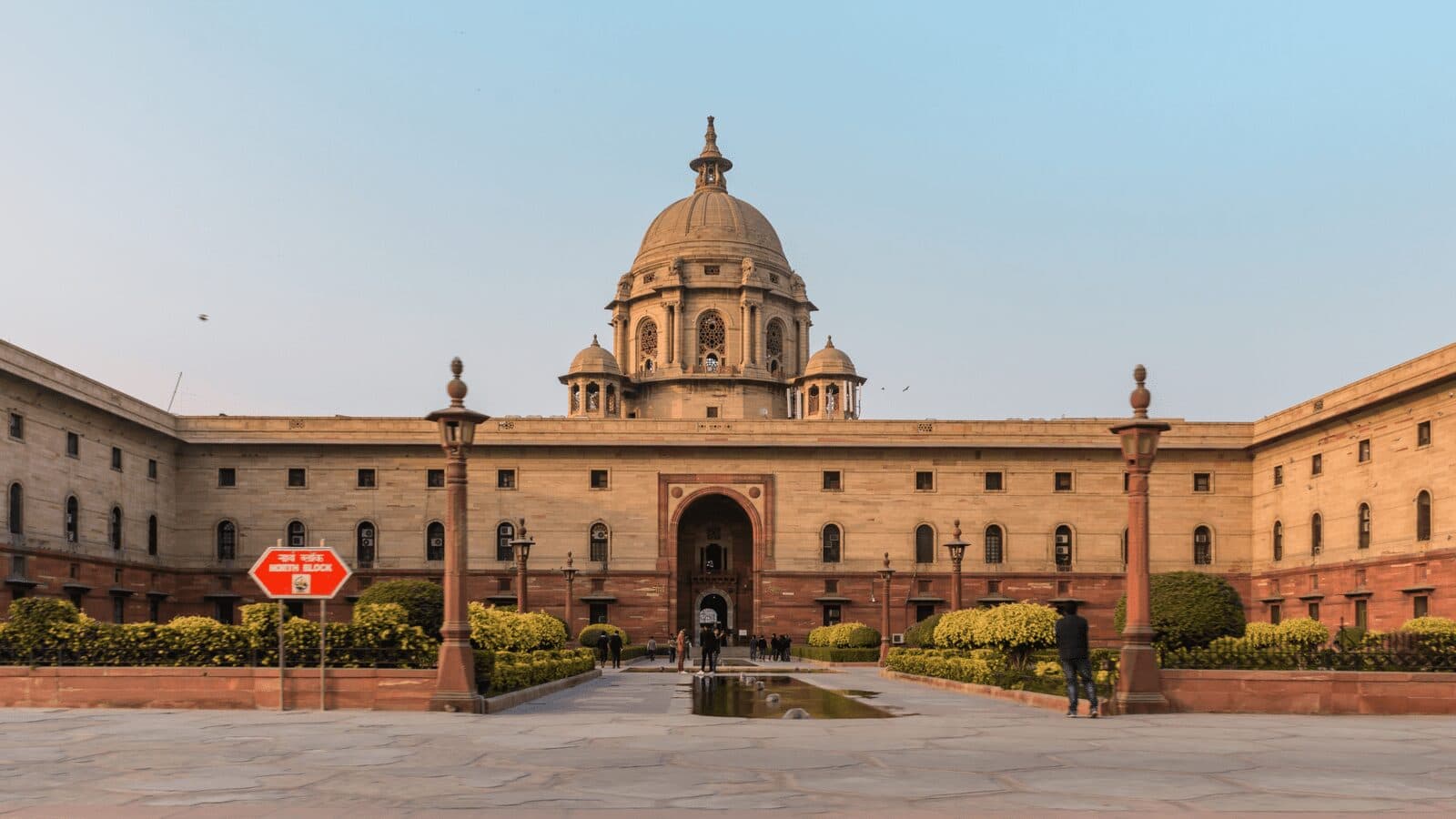
Central Secretariat, New Delhi, India; Source: Shutterstock
key takeaways
India’s central tax authority has issued clarifications around its decision to execute a 1% tax deducted at source (TDS), on top of a 30% tax on cryptocurrency profits.
With around 20 million people owning cryptocurrency in the country, there has been immense uncertainty around how virtual assets will be treated under taxation rules. The Central Board of Direct Taxes is now attempting to clear away this confusion.
According to a notice issued Wednesday, new rules state that exchanges will have to deduct taxes from cryptocurrency buyers during each transaction above certain thresholds. This tax will have to be paid to the central government within 30 days from when the deduction was made. The 1% TDS comes into effect on July 1, 2022.
When the decision to impose a 1% TDS on cryptocurrencies was first announced, the crypto industry pushed for a reduction in the range of 0.01% to 0.05% on fear of the impact on retail traders.
According to CoinSwitch CEO Ashish Singhal, cryptocurrencies should be taxed at par with equity markets. He believes prohibitive taxes are likely to unsettle investors and expose them to possible losses.
“TDS is to provide a tax trail. A lower TDS can do so without driving users out of KYC-compliant platforms,” Singhal told Blockworks.
“The crypto market is driven by high-frequency traders, like intraday traders in equity markets. These traders operate on extremely thin margins, and locking up their capital with high TDS will restrict their ability to operate,” Singhal added.
Nicola Massella, head of Legal at STORM Partners, agreed that the 1% TDS may be a competitive disadvantage for local actors.
“The crypto space, by its nature, is transnational and borderless; this tax could push Indian users away from the exchanges of services providers in their home country, damaging the Indian economy,” she told Blockworks.
In the case of direct transactions between a buyer and seller, the person paying the consideration (or the buyer) will be required to deduct taxes. TDS must also be paid for transactions done in kind.
Further, if transactions involve an exchange of one virtual currency for another, then both parties will be considered buyers and will each have to pay taxes. They will need to show evidence of tax payment before the virtual asset exchange can take place.
The TDS liability applies only when the aggregate value of the consideration exceeds 50,000 INR ($638) in the case of a specialized individual and 10,000 INR ($127) in other cases.
“Since the threshold of fifty thousand rupees (or ten thousand rupees) is with respect to the financial year, calculation of consideration for transfer of VDA triggering deduction under section 194S of the Act shall be counted from 1st April, 2022,” the tax authority said.
India’s latest tax rules come as both equities and cryptocurrencies remain on shaky ground after weeks of weakness. Bellwether asset bitcoin is up 3% in the last week, but is down 55% so far this year, according to data from Blockworks Research. It last traded around $21,200.
India’s controversial 30% tax on cryptocurrency profits came into effect in April. The initial announcement of this tax on capital gains hurt trading volumes on platforms in the country by as much as 70%.
It isn’t clear whether the provisions laid out by the authority apply to foreign crypto exchanges. The CBDT is expected to issue a separate set of Frequently Asked Questions to clear up any other confusion related to the tax regime.
Start your day with top crypto insights from David Canellis and Katherine Ross. Subscribe to the Empire newsletter.
